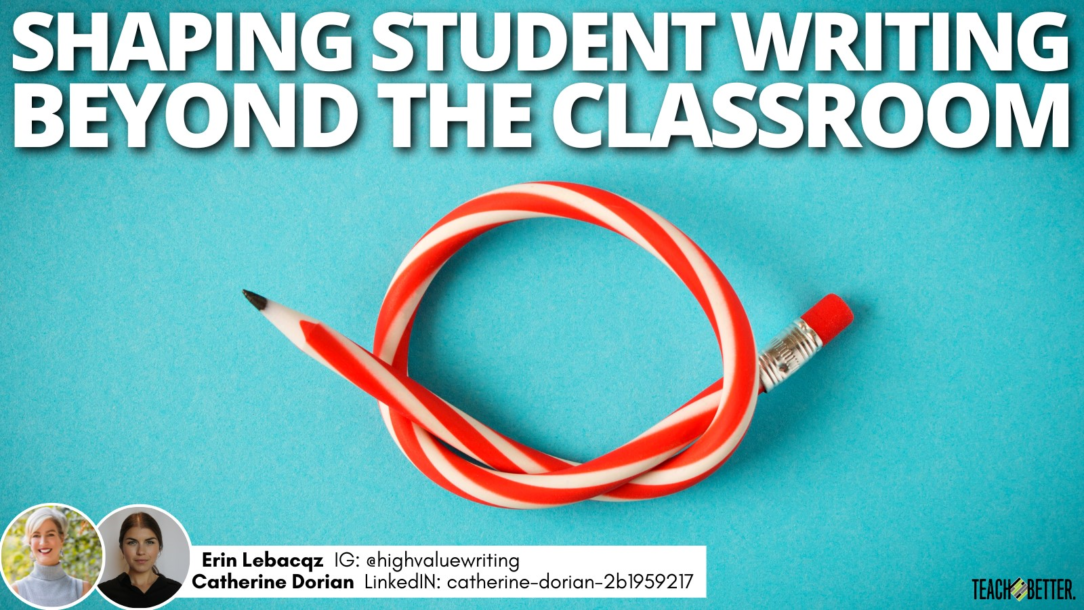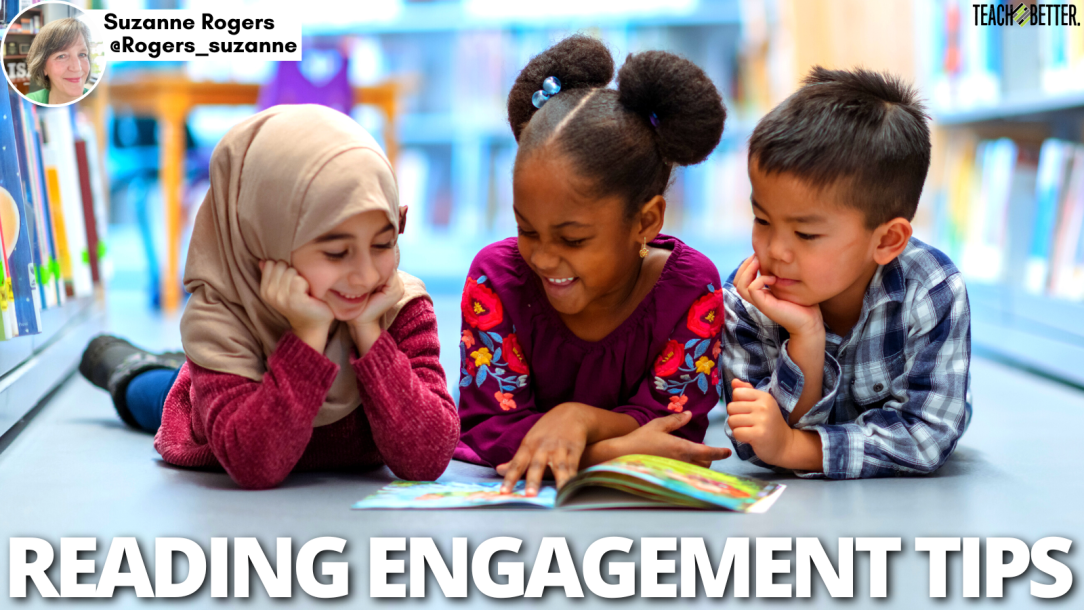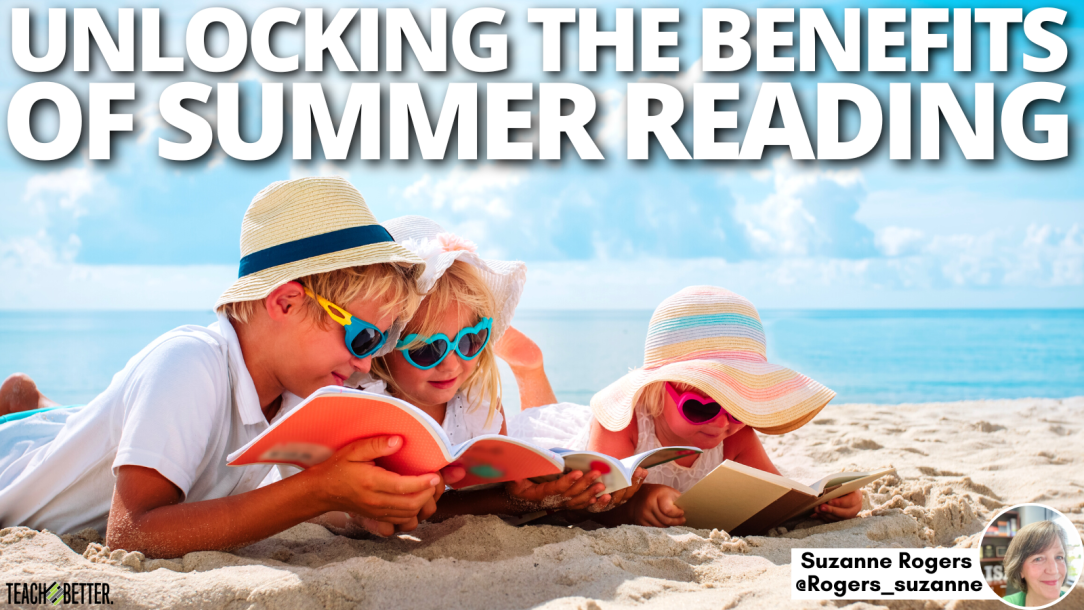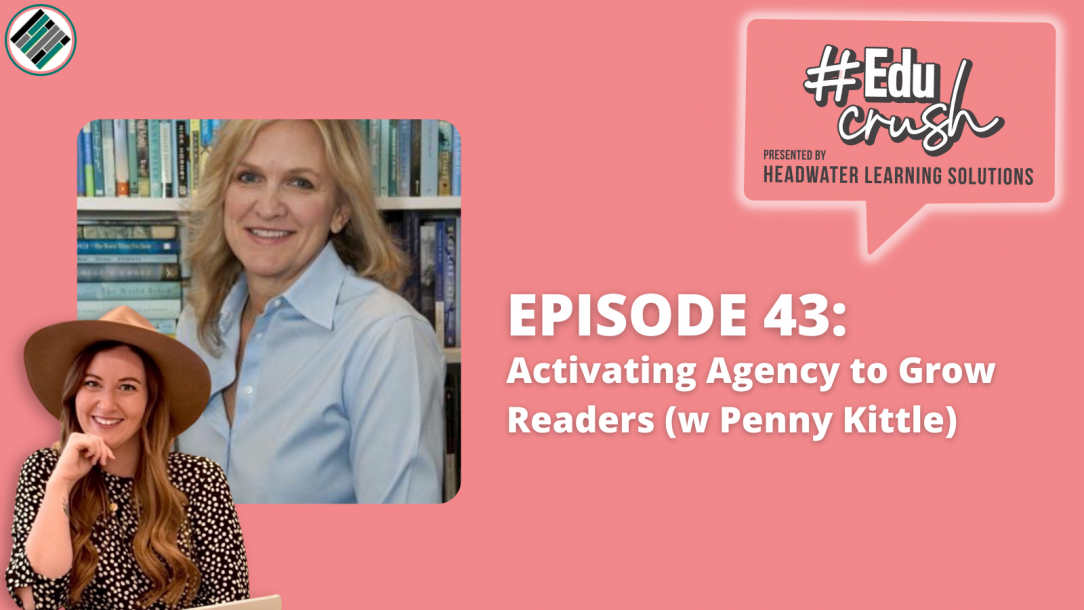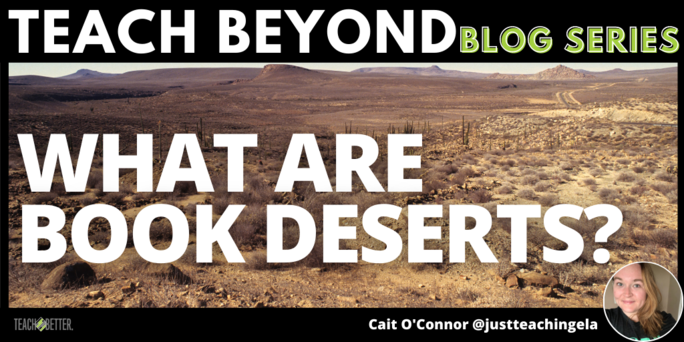TL;DR: Students primarily write for teachers in academic settings, but they also engage in real-world writing. Teaching audience awareness helps students understand their readers and write more effectively. Using a reader profile fosters a shift from self-centered writing to audience-oriented writing in various genres. Audience Awareness: Teaching your students to think about the reader behind their writing. When it comes … Read More
Reading Engagement Tips
TL;DR: Be a reading role model: Inspire and create a reading-friendly environment at home. Keep it fun: Let them choose books, create cozy reading spaces, and make reading an enjoyable experience. Talk about what they’re reading: Encourage discussions and book-related conversations to enrich their experience. Give them a chance to read aloud: Foster their reading skills and let their passions … Read More
Unlocking the Benefits Of Summer Reading
TL;DR: Assigned summer reading is beneficial for students as it promotes continuous learning, enhances vocabulary and language skills, fosters critical thinking, boosts creativity and imagination, and cultivates empathy and understanding. It prevents the “summer slide” and helps students perform better academically when they return to school. Reading during the summer expands knowledge, broadens horizons, and encourages a lifelong love for … Read More
Activating Agency to Grow Readers
Why do so many teenagers hate reading? Renowned author and Literacy advocate Penny Kittle believes it has everything to do with a lack of “book love” and that teachers have the capacity to ignite it. On the episode, she connects with Natalie to discuss how to expose students to a wide variety of books, conference to unlock the reading life, … Read More
What Are Book Deserts?
TL;DR: A book desert is defined as a “geographic area with limited access to age-appropriate books, print materials and reading culture.” Reading requires time and access to materials. Students have a right to quality, diverse, and robust selections of books. Consider representation in reading materials. Readers who can see themselves in books are more likely to pick up more books. What is … Read More
- Page 1 of 2
- 1
- 2

